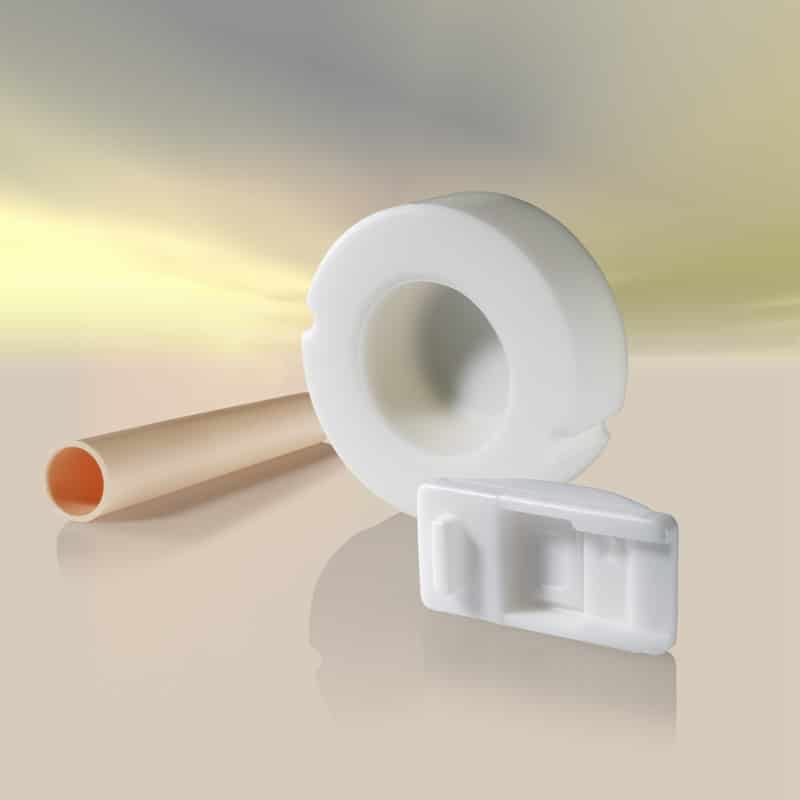15. May 2012
A razor-thin advantage creates new opportunities

In the field of efficient ceramic materials, the fine differences increasingly open up new markets and set the future course for today’s companies. Sembach GmbH & Co. KG has recently succeeded in significantly adjusting the limits of technical feasibility by developing ceramic components with a wall thickness of 0.25 millimeters for use in batch production.
This innovation is not a result of the Franconian manufacturer’s corporate history of more than 100 years, says Head of Sales Rainer Patzke in the modest manner of an experienced and practice-oriented expert. Rather this success can be attributed to the company’s policy for breaking new ground by carrying out complex testing in order to optimize the injection molding process. Platzke says that experience and expert knowledge are essential particularly when it comes to the use of tools; however in his opinion this product was merely a gradual development of common practice in industrial ceramics. Other manufacturers have also experimented with similar wall thicknesses, but because of high rejection rates had failed so far to achieve the desired results for batch production.
Practically, the razor-thin alumina components are already used for measuring exhaust fume temperatures. One important advantage of very thin wall thickness is that the sensors installed achieve faster reaction times. As a consequence, they allow precise data measurement for integration in process control even under extreme temperature conditions and with aggressive agents. They are particularly suitable for applications in the automotive industry where the number of components produced can run into millions each year. However, in principle, they can also be used for a variety of other implementations. Wherever technical ceramics are applied in sensor technology today, short reaction times can be achieved through reduced thicknesses and high thermal conductivity. The highly robust material resists temperatures of up to 1,600°C.
Technical details of Sembach components
- Wall thickness 0.25 millimeters
- Heat resistance up to 1,600°C
- Components used for measuring exhaust fume temperatures
- Implemented in a variety of other applications
- High sensitivity of sensors
- Number of components produced running into millions


